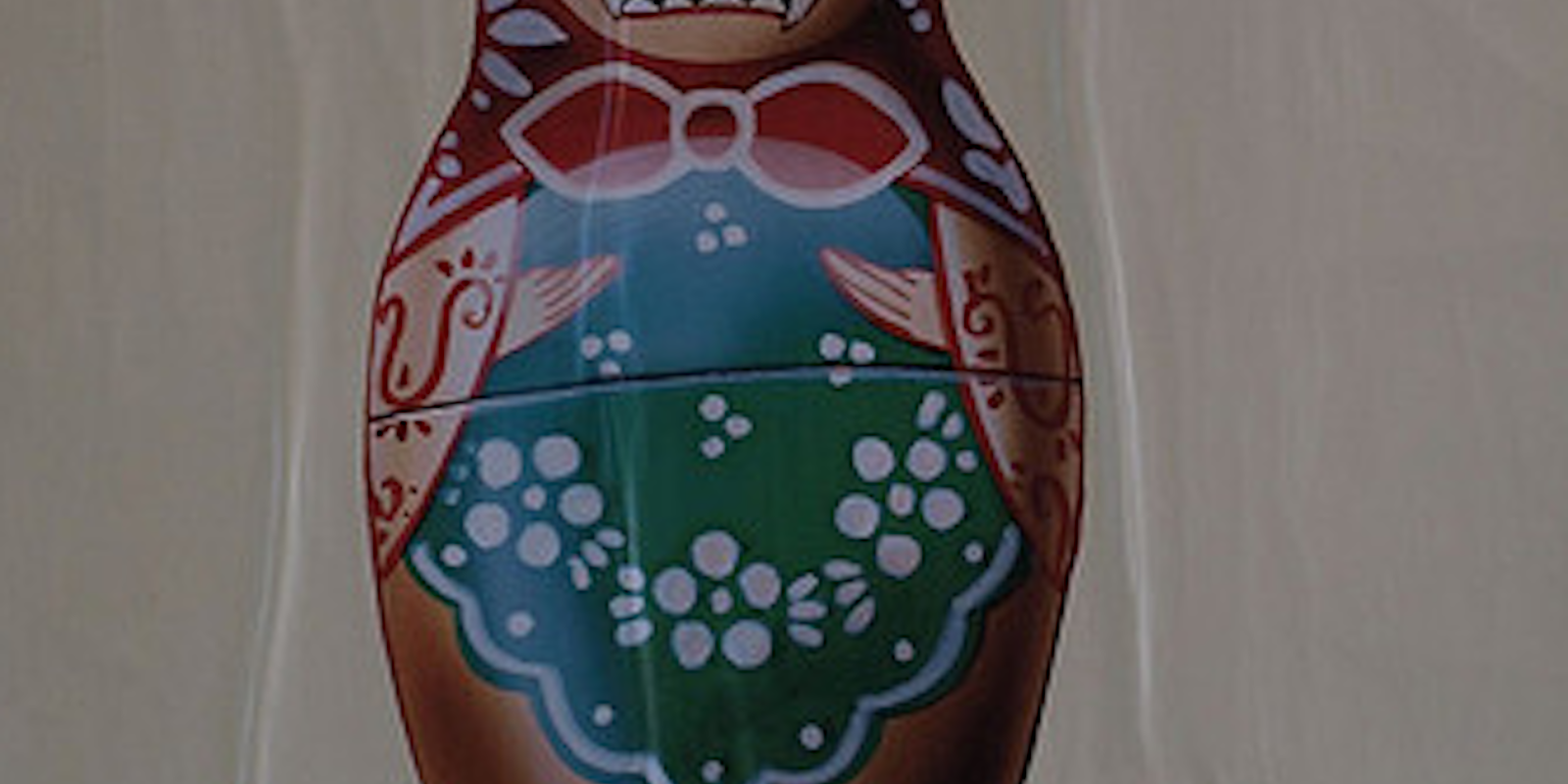Civil liberties advocates throughout Russia are saying “I told you so” today—or would be, if the government hadn’t blocked access to their blogs last week.
A controversial Russian Internet censorship law passed last year, ostensibly to fight child pornography, was instead used to shut down LJ.rossia.org, a non-profit LiveJournal-style site that hosts hundreds of popular blogs.
Last summer, Russia’s State Duma proposed and passed Bill 89417-6, an Internet censorship law allegedly targeting websites promoting child pornography, suicide or drug abuse. Critics predicted that the law would actually be used to silence critics of the Russian government or its president, Vladimir Putin. In July, the Russian edition of Wikipedia and other websites went dark for a day to protest the bill, but to no avail. The law officially went into effect in November 2012.
On Feb. 8, Mike Rispoli at Accessnow reported that the Russian government had blocked access to LJRossia.
A Russian journalist named Vladimir Pribylovsky got the word out on Twitter, saying that Roskomnadzor—the Russian government agency in charge of deciding which websites should be censored—had added the site to its blacklist.
The Russian government justified the shutdown by claiming that LJRossia hosted “child pornography elements”— specifically, an account called “how_to,” which publishes Russian translations of The Pedophile’s Guide to Love and Pleasure by American author Phillip Greaves. Greaves has been sentenced to probation in the U.S. for distributing obscene material, and the book has been banned from Amazon.com, among other U.S. sites.
LJRossia administrations reportedly refused government requests to remove or block excerpts of the book.
But Pribylovsky, who also blogs as “Anticompromat,” disputes that the site was blacklisted because of the “how_to” account, and was in fact blocked as part of a larger agenda of censorship. In a Feb. 10 blog post, he listed a 10-point refutation, including:
“Many people mistakenly think that the user how_to, because of which we have closed, or violate the laws of the Russian Federation Rules, and for this to be removed. No, This user does not violate any laws or regulations of the resource. The evidence of it—past decisions Roskomnadzor receive complaints how_to hundreds of pieces, and every time is reported that close it not for that.”
LJRossia has had its troubles with censors in the past, for issues including allegedly publishing information about illegal drugs, and this isn’t the first time the government has taken notice of the alleged pedophile account. Last September, Rozkmnadzor issued LJRossia an official warning for hosting Greaves’ book—but that was before Bill 89417-6 went into effect, so the site was never formally blacklisted.
LJRossia founder Misha Verbitsky has now consulted the site’s users about whether the alleged pedophile account should be removed, sparking a heated debate between those who find the material offensive and hardline free speech advocates, including the author (or authors) of “how_to.”
It still remains to be seen whether this is a government crackdown on one controversial account, or a step in the direction of a “clean” Internet based on a whitelist of approved sites selected by the Putin government and the Russian Orthodox Church.
Daily Dot assigning editor Jay Hathaway contributed to this story.
Photo via mararie/Flickr
